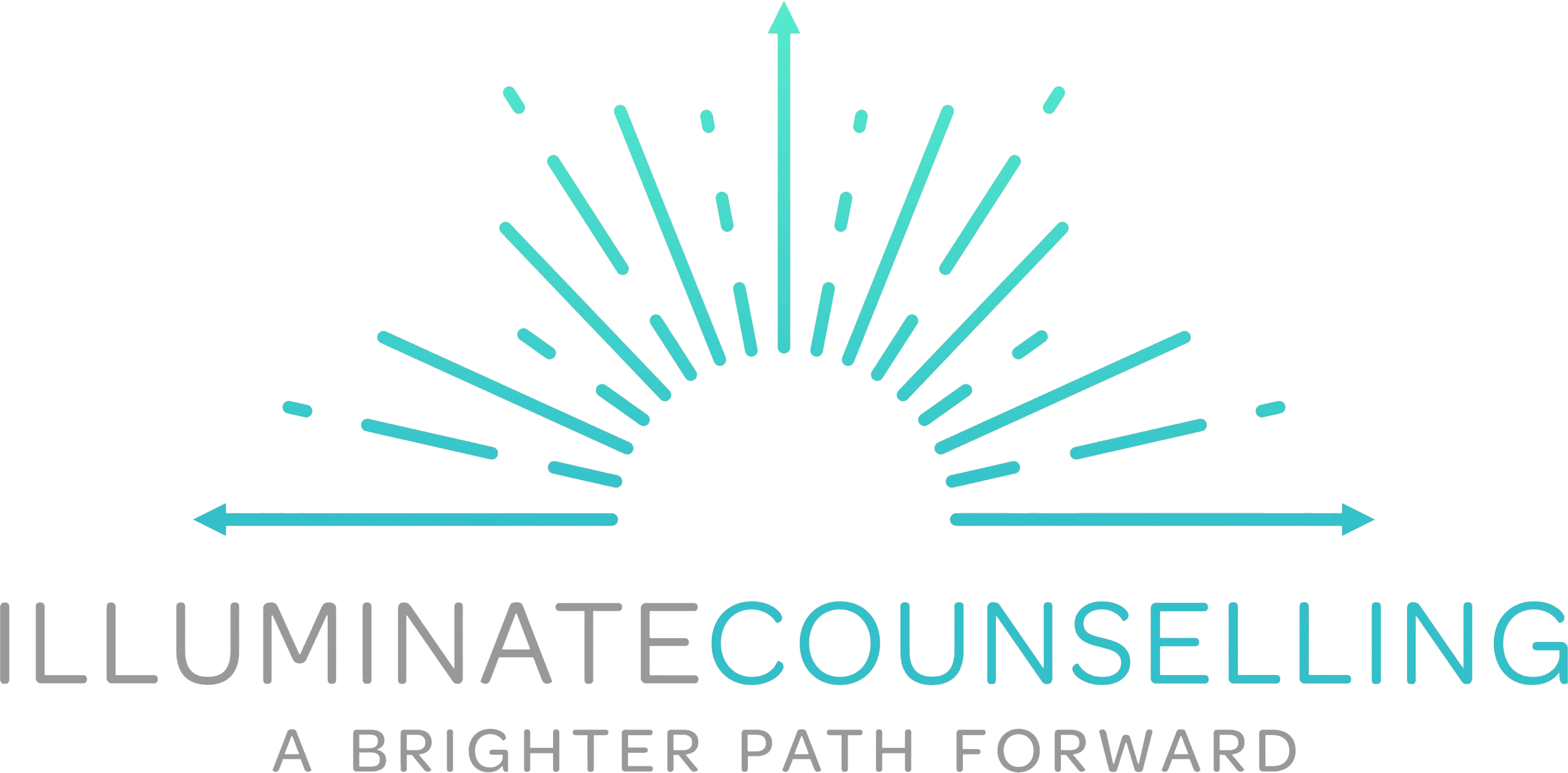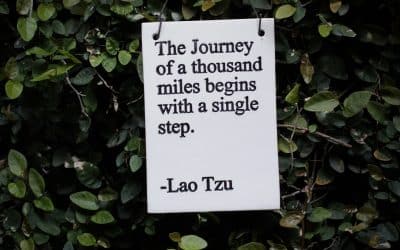There are so many questions that can come up for people in the throws of postpartum and adjusting to parenthood. Understandably, these are often driven by anxiety, overwhelm, and the major changes that come during this time, including a new level of responsibility to ‘do a good job’ with your little one.
“Is This Normal?”: Common Postpartum Mental Health Questions, Answered
Becoming a parent can be one of the most profound transitions of your life. Between the middle of the-night feeds, hormone shifts, and life changes, many new mothers find themselves Googling questions they never imagined they’d ask, as they try to make sense of what they are experiencing.
If you’ve found yourself typing questions into the search bar with tears in your eyes or a lump in your throat — you’re not alone. Here we try to answer some of the most common (and completely valid) questions that come up during the postpartum period, which our team hears everyday from our clients.
Is it normal to cry more often after having a baby?
Yes — in the first two weeks postpartum, it’s very common (around 80% of women) to experience what’s known as the “baby blues.” Hormonal changes (specifically a sudden drop in estrogen and progesterone), sleep deprivation, and emotional overwhelm can cause daily tears. If it lasts beyond two weeks or feels intense, you may be dealing with postpartum depression or anxiety, also known as PMADs, in which case we suggest that you reach out to a counsellor or primary care provider for support.
Do I have postpartum depression or am I just tired?
It’s a blurry line — but if the feelings go beyond exhaustion and into persistent sadness, hopelessness, irritability, or disconnection from your baby or yourself, it may be postpartum depression. A professional can help you get clarity by helping to assess the severity and impact of these symptoms. A counsellor can also help you sort through these feelings and put a treatment plan in place to get you through it, find ways to set goals and move towards feeling like yourself again, as you adjust to life as a parent.
Why do I feel so angry postpartum?
Anger is a lesser-talked about emotion, often resulting from feeling overwhelmed, unsupported, or overstimulated. Anger can represent a protest to what is sometimes called ‘postpartum dissonance’, which is the gap between what you thought your life what look or feel like, and how it has turned out. Postpartum anger can also can be a way of shining a light on unmet needs and help jumpstart conversations with the important people in your life so that you can some additional support. Anger can also be one of many symptoms that manifest postpartum mood disorders.
Why do I feel so alone after having a baby?
Because it is lonely sometimes. Parenthood can be isolating, especially if your support system is limited or if you’re surrounded by unrealistic expectations of what motherhood “should” look like. For many previously working professionals, they may be used to more social interaction through work or other activities, which is a very different experience than spending 24hrs/day with a newborn. Counselling support can be a part of a plan to feel less alone and help you connect with your community in a meaningful way.
Why don’t I feel more bonded with my baby?
Bonding isn’t always instant or natural — and that’s ok. It can take time, especially if you had a difficult birth, complications such as infant hospital stays/health challenges, or if you have just feeling mentally unwell. And sometimes, for no particular reason at all. Commonly, when a woman feels depressed or highly anxious, it can create a barrier to attachment. Just know that attachment grows through daily care and connection, and with mental health support you may also feel like your capacity for this bonding and responsiveness can increase.
What are the signs of postpartum anxiety or OCD?
You may be feeling constant worry, racing thoughts, restlessness, or have intrusive thoughts (disturbing images or fears about harm coming to your baby or your family). If these are getting in the way of daily functioning, you may meet the criteria for postpartum anxiety or OCD (only a psychiatrist or psychologist can provide a formal diagnosis). We know that these can be scary, but they are more common than you think — and highly treatable with counselling. If you’d like to learn more, including when you might be concerned, read our article, Is this Postpartum OCD or Psychosis?
Is it normal to regret having a baby?
It’s not talked about often, but yes, some people experience moments or days of regret, especially when they’re exhausted, overwhelmed, or grieving the life they had before. These feelings don’t define who you are as a parent, nor how you will feel in the future. It can be helpful to remind yourself that these thoughts are temporary, by adding the term “right now”. I.e. “right now, I’m having a thought of regret, and that’s ok”. If these thoughts feel frequent and intense, or are hindering your ability to care for yourself or your baby, please reach out for professional help.
Can I take antidepressants while breastfeeding?
Many antidepressants are safe while breastfeeding. Talk to your doctor or psychiatrist about your options — you don’t have to choose between your mental health and nursing your baby. In counselling, we can help you to explore your feelings as well as the pros/cons of medications as part of your treatment plan. At Illuminate counselling, we support the use of medications when this support what the woman and family feels helps, and also support women to choose what is best for them.
I feel like a bad mom — what’s wrong with me?
You’re likely holding yourself to impossible standards! If you’re worrying about being a bad mom, it’s most importantly a sign that you care. Be gentle with yourself — motherhood isn’t about perfection, it’s about showing up as best you can, and what that looks like with vary day-to-day. This is a really common barrier for clients postpartum; counselling can help you to learn self-compassion skills and lean into the imperfection of motherhood.
❤️ Postpartum Relationship Questions
Why do I feel disconnected from my partner after having a baby?
Because your whole life just changed — and so did your roles and ways of relating to each other. Emotional and physical exhaustion, shifting identities, and unmet needs can create distance. It’s common, and connection can be rebuilt!
Why are we fighting so much since the baby came?
Stress, sleep deprivation, and differing expectations can bring past and present issues to the surface. In these heightened states, changes happen within our brain, including reduced capacity for empathy, collaboration, and communication (i.e. all the skills needed to keep relationships running smoothly!) You are both likely struggling in your own ways, and often partners have their different responses to stress and change. Couples counselling can help you and your partner identify root causes as well as learn new coping skills.
How do I get my partner to help more with the baby?
Start by having an honest conversation about needs and responsibilities. Many couples fall into patterns where one parent takes on more of the mental and emotional load — it doesn’t have to stay that way. Your partner may not know that you want help, or know how to help, or be hesitant to try, for fear of failing. Often, the way you ask can go a long way in the extent that your partner hears what you are saying.
Is it normal to feel resentful toward my partner postpartum?
YES! Especially if it feels like their life hasn’t changed as drastically as yours. Resentment often points to a need for more support, validation, or shared responsibility. A couple’s counsellor can help you re-establish role expectations, and/or redistribute the division-of-labour, often helping to shine a light on all of the unseen work that mothers in particular may be doing. Learn more about postpartum relationship conflict in our article, Relationship conflict in new parents: what’s really going on?
When is it okay to have sex again after birth?
Physically, most providers recommend waiting about 6 weeks or until you are ‘cleared’ by your GP or OBGYN — but emotionally, it’s whenever you feel ready. For most women, given the extensive changes to their body during pregnancy, labour and delivery, and postpartum, 6 weeks can feel way too soon! There’s no “right time,” only what feels right for you. A counsellor can help you explore this readiness, as well as help you look for ways of connecting with your partner that feel safe and pain free. Sometimes partners may not fully understand this piece so this can also be explained during couples counselling.
How do we get intimacy back after having a baby?
Start small. Touch, connection, laughter, and emotional closeness matter just as much as physical intimacy or the heteronormative intercourse. It can be helpful to think of this as rebuilding something new, not going back to how it was “before.” Open communication between you and your partner is key to giving feedback on what feels safe and good.
💬 Final Thoughts on Postpartum Adjustment
If you have asked yourself some of these questions, know that you are not failing, you are not crazy, and there’s nothing ‘wrong’ with you. In all likelihood, you are adjusting to a one of life’s biggest transitions. So many new mothers and fathers silently carry these types of thoughts and then unfairly judge themselves.
Whether you are struggling with feelings of overwhelm, anxiety, sadness, sleep deprivation, or relationship changes, we are here to help. To book a session, click here.
Looking for the shortcut to get your relationship back on track? You’ll love our online course or e-book, New Parents Relationship SOS
Connect with a counsellor
We welcome you to reach to our supportive and experienced team. Our practice specializes in reproductive mental health for women and couples. You don’t have to go through this alone, and with support you can feel like yourself again!
If you’re not sure what kind of support you need, we’ll be happy to match you with a counsellor who can help.




